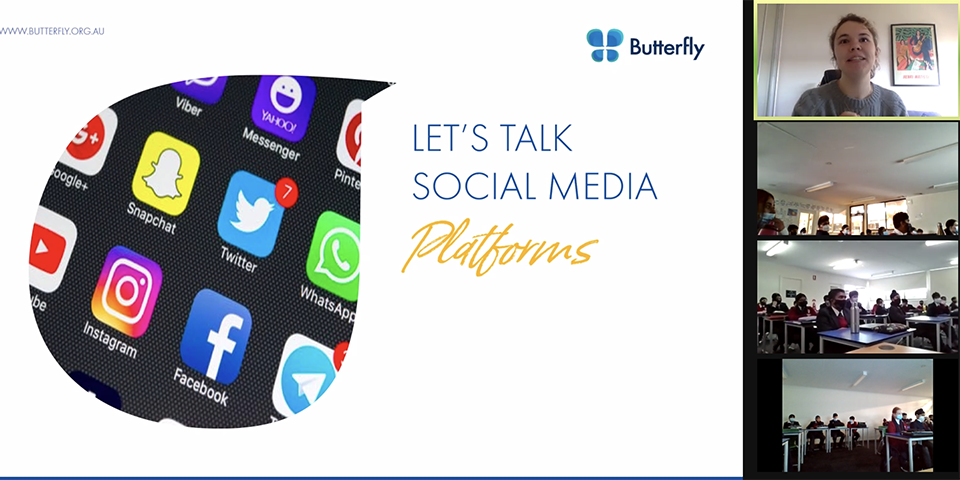Year 7
The Year 7 students had so much fun participating in a “Be Active” Day. The aim was to get the students active by completing some circuit training and learning how to apply this at home using everyday household items. They learnt about why it is important to stay fit, eat healthy and how this then assist with their mental wellbeing.
Another activity students in Years 7-10 took part in was an online cyber safety course, to help them empower and self-manage their digital safety and wellbeing through proactive education. This was achieved by delivering an engaging learning experience for students which could help develop future skills, lifelong habits and self-regulation when using digital tools for work, life and play.
In the fast-paced digital world, trends of today are old news tomorrow, so learning about digital technologies must be less about specific social media platforms, collaboration and communication tools, productive apps and games and more about understanding fundamental features and applying critical thinking skills to safely navigate new digital environments.
Empowering students to be safe and responsible digital citizens cannot rely on only explicit skills, proficiencies and techniques that are specific to particular platforms. Rather, children need to be equipped with values, awareness and critical thinking which can be applied to any element of the online world.
Year 8
The Year 8 students took part in another online incursion, run by the Butterfly Foundation. Along with the presenter, the students explored and discussed ‘Body Image in the Digital World’. The students were encouraged to challenge the way they thought about the ideal appearance, and how this has been influenced by social media. Students reflected on the ways in which they use social media themselves, and left the session with the reminder to ‘follow consciously’.
Year 10
During Wellbeing Week, the Year 10 students took part in a range of activities. From daily wellbeing reminders, a Cybersafety incursion and mental health focussed sessions, wellbeing was at the forefront of our minds all week.
The Cybersafety incursion reminded students how to be safe online, a message which is so important with students spending so much time online at the moment. The incursion took place while the students were taking part in remote learning, an appropriate time for them to be reminded of the importance of ESafety.
When they returned to school, some students participated in a Suicide Prevention Program conducted by staff from Lifeline, and others took part in an in-house mental health workshop. Those taking part in Lifeline’s program learnt a process that they can work through if they are ever concerned that they or a friend might be at increased risk of suicide. Based on the message of Safe TALK (Tell, Ask, Listen, keep safe), the skills they learnt were so valuable and potentially lifesaving. Students who took part in the Mental health workshop heard from Carly Dober, the School Psychologist, about how they can generate their own mental health plan to work through should they ever feel like they need it. They then worked in small groups to develop an initiative that could be used at Hume to promote the mental health of people in our school’s community. All staff involved reported that the students engaged respectfully and maturely with these sensitive topics and we are very proud of them for their efforts and contributions.



